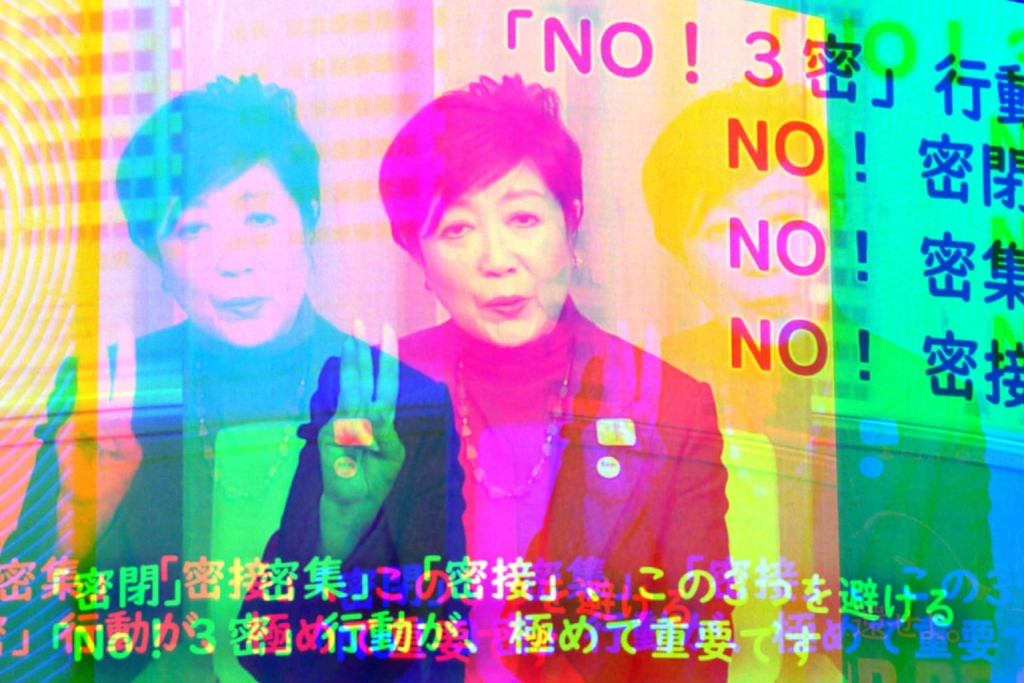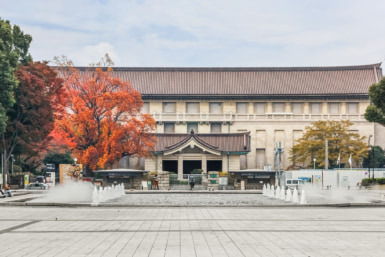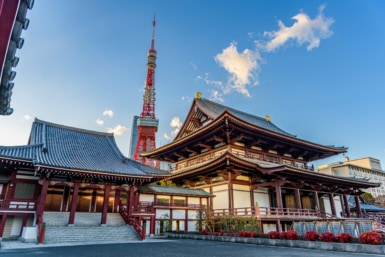Since 1984, Japan has been gathering information on what its people are talking about. But despite the Orwellian coincidence, it’s less sinister than it sounds — it refers to an annual survey conducted by the publishing house Jiyukokuminsha of Japan’s up-and-coming buzzwords. Using questionnaires, the company identifies the most popular phrases that have entered the Japanese lexicon in a given year, and awards one of them the Shingo/Ryukogo Taisho (新語・流行語大賞, “Neologism/Buzzword Grand Prize”). If you’ve guessed that the 2020 winner would be “Corona” or “Covid,” then give yourself half a point, but also keep reading because the rest of the list is surprisingly more cheerful.
The Runners-Up
One phrase that you couldn’t have escaped this year is “Kimetsu no Yaiba” (鬼滅の刃) known better to western fans as “Demon Slayer,” the popular dark fantasy manga and anime whose first animated movie, Mugen Train/Infinity Train, became the second-highest movie in Japanese history after Hayao Miyazaki’s Spirited Away. The anime did better in cinemas than Titanic and Frozen. In a recent, unrelated survey of 7,661 Japanese elementary students, which asked them who they respected the most, answers number 1, 3, and 6-10 were all Kimetsu no Yaiba characters. So yes, the title has more than earned its spot on the list of Japan’s 2020 buzzwords.
Still staying within the realm of popular entertainment, another contender for the top title was “Ai no Fujichaku” (愛の不時着), the Japanese title for the South Korean series Crash Landing on You, a love story between a South Korean heiress and a North Korean soldier. The show became one of the most popular Netflix shows in Japan because of its mix of out-there escapism fantasy and more universal themes like seeing past differences and focusing on our shared humanity.
The title shared the runner-up list with “Solo Camp” (ソロキャンプ), meaning to camp alone, an activity that saw a massive spike in popularity in the era of social distancing.
Most of the remaining Grand Prize runners-up don’t need a lot of explaining. For example, there’s “Go To Campaign” (GoToキャンペーン), the series of government promotions aimed at revitalizing tourist destinations that have taken a hit because of the pandemic. The list also included “Atsu-mori” (あつ森), short for “Atsumare Dobutsu no Mori,” an instalment of the popular Animal Crossing games, which became many people’s primary source of relaxation in these trying times.
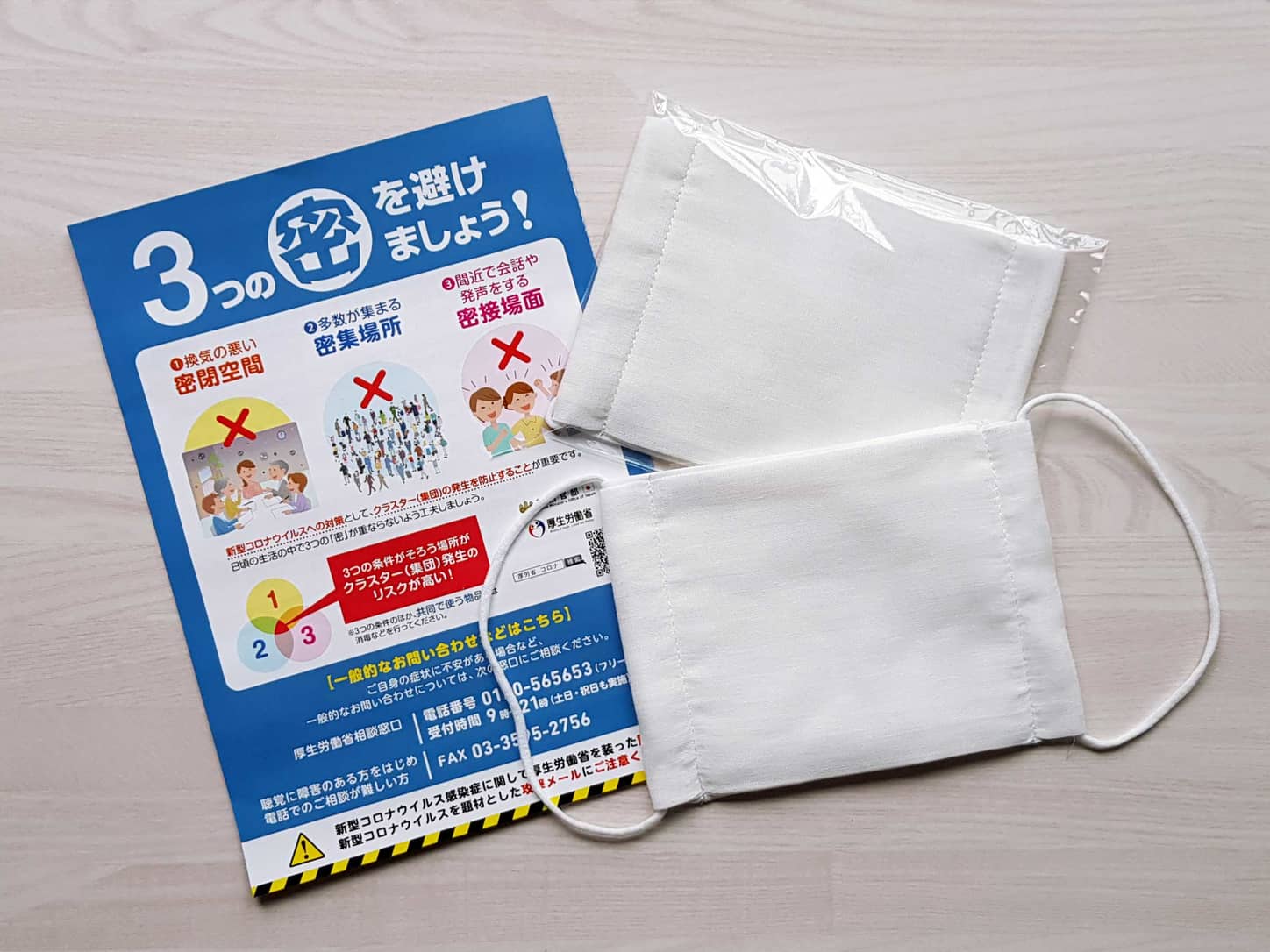
Then there was “Abenomask” (アベノマスク), the mocking nickname for the two government-issued cloth masks that every Japanese family was supposed to receive, and “Amabie” (アマビエ), the creature from Japanese folklore that became popular earlier in the year because its image was said to protect against diseases.
Another entry, “Onrain marumaru” (オンライン○○), simply means “online something” and refers to activities like classes or drinking parties which had to move online due to Covid-19. The last runner-up was “Fuwa-chan” (フワちゃん), the name of the popular YouTuber who exploded in popularity in early 2020 and now boasts over 751,000 subscribers on her channel.
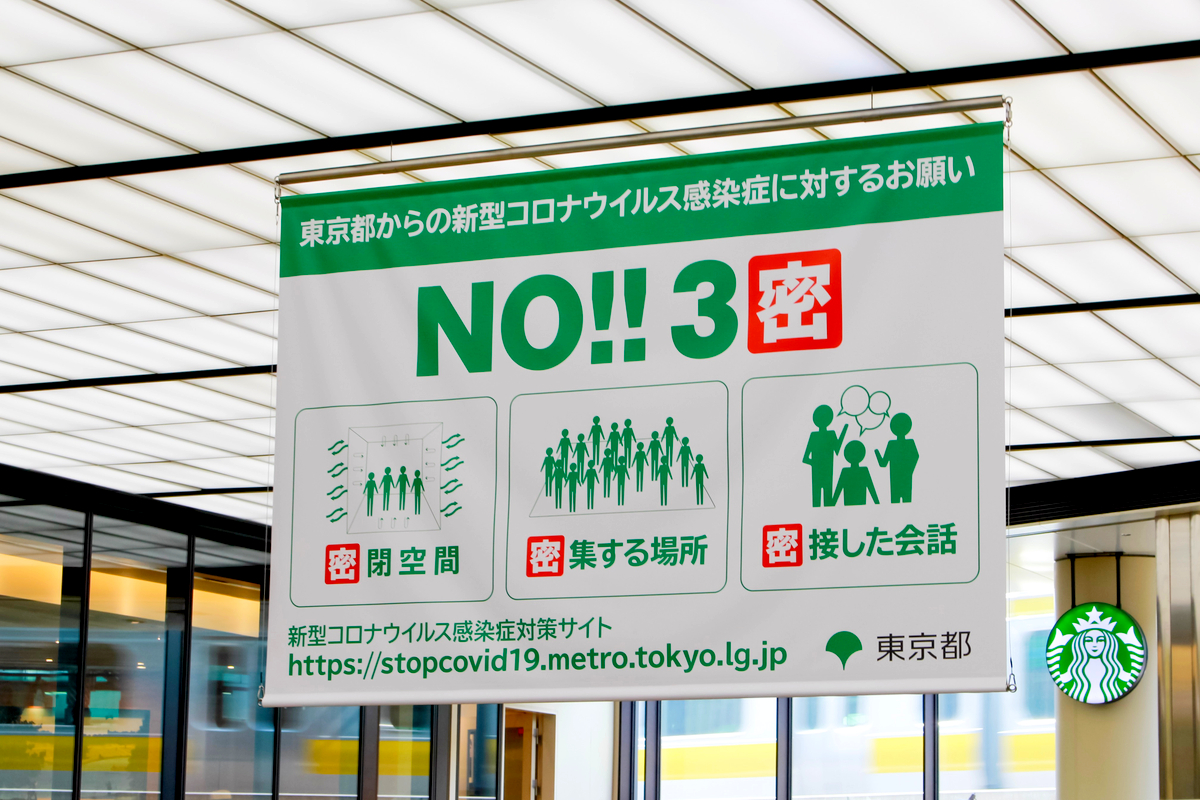
And the Winner Is…
It’s no big surprise that all the runner-up Japanese buzzwords of 2020 tell an inspiring tale of a country facing a difficult situation and finding ways to deal with it, be it via masks, supernatural means, or popular entertainment. In its own way, the runners-up list is a story of resilience and embracing the good parts of life. But it also means that, throughout 2020, Japan always had the coronavirus on its mind. So it wasn’t a big surprise to learn that the Grand Prize was given to a phrase connected to it, namely: “Sanmitsu” (3密).
The phrase is a Japanese take on “the Three Cs”: closed spaces, crowds, and close-contact situations — things you should avoid during a pandemic. Tokyo governor Yuriko Koike was credited with helping popularize it (she even inspired a game on the topic). Hopefully, thanks to the adherence to the three Cs, the buzzword for 2021 will be something completely not-Covid-related.
Bonus Trivia
If you’re curious to know, the winners of the buzzword for the past three years were:
- ONE TEAM (2019) — Japan’s slogan for the 2019 Rugby World Cup
- Sodane (or Soudane) (2018) — Meaning “That’s it” or “Agreed.” Although a common expression in Japanese, the phrase was widely popularized by Japan’s women’s curling team, as they often used it as a nod of approval. The team won a bronze medal at the 2018’s Winter Olympics.
- Insta-bae and Sontaku (2017) — “Insta-bae” means “something that looks good on Instagram.” The word became popular that year as many pop-up stores and facilities began to massively launch “insta-bae” products and places to promote their business. Sontaku is one of those Japanese words that are difficult to translate, but its meaning refers to something typically done by subordinates to appease or show obedience to their bosses. It became popular after a political scandal, involving former Prime Minister Abe Shinzo, over the apparent awarding of special contracts and/or discounted deals to his friends behind the scenes.
Updated On April 25, 2021

